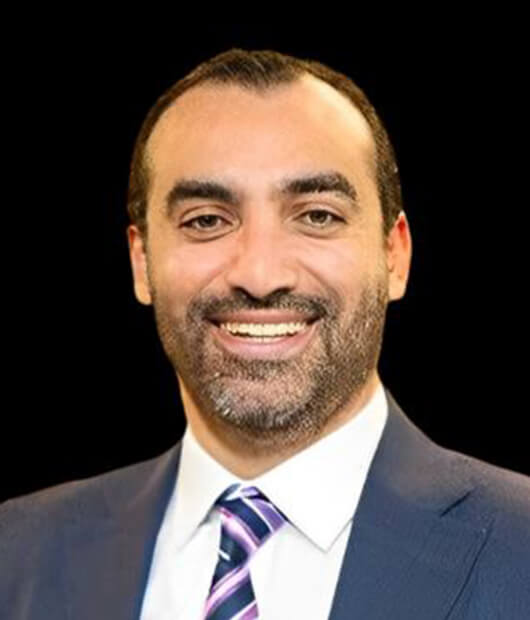The post-COVID rebound of the global aviation industry presents a timely opportunity for Egypt, which is actively positioning itself as a potential regional aviation hub. The Egyptian government has recognized the sector’s potential to generate substantial foreign currency inflows and is therefore pursuing wide-ranging reforms and investment opportunities. From infrastructure upgrades to regulatory modernization, these developments carry legal, operational, and commercial implications for both domestic and foreign stakeholders, especially in relation to privatization, operations, leasing, and foreign investment.
Key Takeaways:
- 11 airports are being tendered for private management and operation
- Expansion of state airlines and a surge in leasing and air cargo activity
- Regulatory advancements: allowing 49% foreign stakes in airlines and overhauling aviation support frameworks
Private Management and Operations of Airports
On the infrastructure side, the government is prioritizing infrastructure improvements, including the tendering of 11 airports to experienced private local or foreign operators. This shift aims to enhance efficiency, capacity, and service quality, with a focus on providing airport services that meet hospitality-grade standards, similar to those of five-star hotels.
Expansion of State Airlines and Surge in Leasing and Air Cargo Activity
On the airline side, state-owned airlines in Egypt are modernizing their fleets, adding narrow-body aircraft for short- to medium-haul routes and wide-body aircraft for long-haul services to expand route networks and increase destination coverage. At the same time, new private airlines are beginning to emerge, despite ongoing supply chain constraints. These developments have attracted growing interest from international aircraft lessors, many of whom are entering the Egyptian market for the first time—representing a clear shift from pre-pandemic trends that were focused on a limited number of aircraft lessors.
Aircraft leasing in Egypt has risen significantly over the past few years, fueled by renewed market confidence and supportive regulatory reforms. The country’s air cargo sector is also experiencing rapid growth, with several new privately owned cargo carriers launching operations. What is crucial for the growth of Egypt’s cargo industry is that Egyptian airports align with a comprehensive overhaul of the customs regime to meet rising demand, and that these airports take this into consideration.
Regulatory Reforms and Investment Incentives
Egypt has recently increased the foreign ownership threshold in scheduled airlines to 49%, while remaining in compliance with its bilateral air transport agreements. Further, the regulatory landscape is being reshaped to allow private and foreign participation in critical aviation support sectors, such as the manufacturing of aircraft, engines, and spare parts, as well as maintenance, air traffic management and control, training and catering.
The Egyptian Civil Aviation Authority has made tangible strides in streamlining processes such as the notarization and registration of documents.
While these steps have positively impacted the industry, further legislative and regulatory reforms are essential to support the broader modernization agenda. Key priorities include:
- Full compliance and adherence to the Cape Town Convention on International Interests in Mobile Equipment and its Aircraft Protocol, both of which entered into force in Egypt in April 2015;
- Allowing the notarization and registration of interests in aircraft engines; and
- Unification and simplification of the aircraft repossession regime in Egypt.
These will certainly benefit Egyptian carriers, whether privately or governmentally owned, to benefit economically under the Cape Town regime, as well as encourage more financiers and lessors to invest in the industry in Egypt.
What to Do
We recommend that airlines, investors, and aviation service providers:
- Track upcoming airports tendered for private management and operations
- Explore leasing and fleet expansion transactions amid growing market access
- Explore recent regulatory amendments and practices in Egypt
- Support the Egyptian regulator to fully comply and adhere to the Cape Town Convention and its Aircraft Protocol
- Consider partnerships in maintenance, repair, overhaul, cargo, and aviation support sectors
For any questions or inquiries, please feel free to contact:

